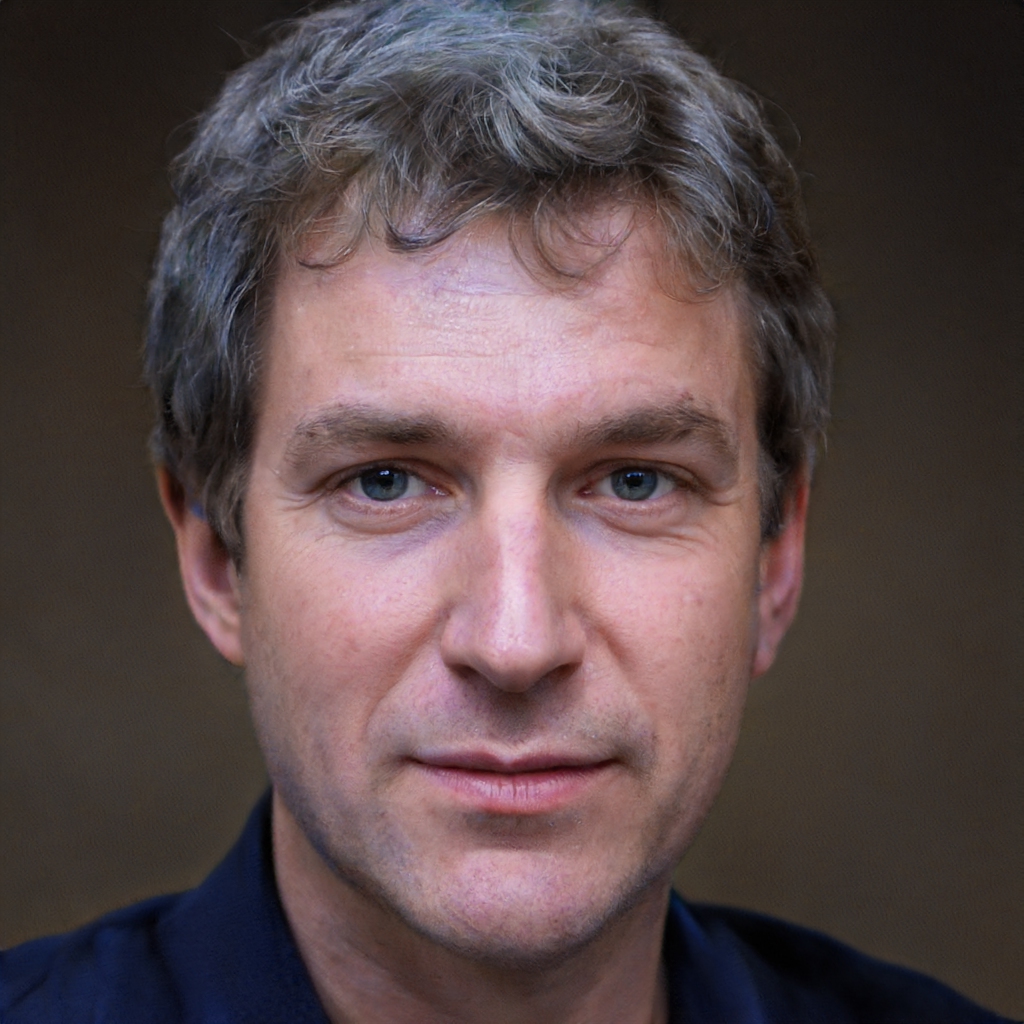Research conducted by Goldam Sachs leveraged artificial intelligence-powered algorithms to figure out who will win the next World Cup
Are you thinking of betting with friends on who will be the winner at the 2018 World Cup? Well, know that there are at least a million possible variants. This at least is what has emerged from an algorithm generated by Goldman Sachs. Watch out, though, because the algorithm has also decided which nation will raise the World Cup Russia 2018.
The famous international investment bank has developed a particular algorithm, powered by Big data and "automated" by machine learning, to predict not only who will win the tournament in Russia but also to understand the performance of every single match of the World Cup, from the challenges of the rounds until the final. According to Goldam Sachs' artificial intelligence system, the round of 16 at Russia 2018 will be these: France-Iceland, Uruguay-Spain, Brazil-Mexico, Belgium-Poland, Portugal-Saudi Arabia, Argentina-Australia, Germany-Switzerland and Colombia-England. Using the same data, the German investment bank has also predicted the outcome of the knockout matches, up to and including who will win the Russia 2018 World Cup. And, needless to say, there are no big surprises.
The analysis of Goldam Sachs and the world champion Brazil
According to Goldam Sachs Brazil is the team that will win Russia 2018. For the South Americans it would be the sixth world title. The developers of the algorithm let it be known that they took into account several eventualities to simulate the course of the tournament. From the possible cards, to the stadiums in which the various challenges are played, to even get to the number of goals made or suffered by each national team. From this analysis it emerges that Brazil should impose itself in the final over the title holder Germany with the result of 1.7 to 1.41 (about 2 to 1, in case you want to play the exact result of the final of the World Cup 2018).
Another algorithm, another result
If you are already preparing your wallet to go and play your bet, however, remain cautious. Because an analysis carried out with Big Data by the researchers of the Technical University of Dortmund has given results that disagree with the Goldam Sachs research.
It must be said, however, that also for the German researchers the final will be Brazil-Germany, only that in this case the Germans should win. To predict the title to the team coached by coach Joachim Löw, the researchers of Technical University of Dortmund have used the technique of random forest, a type of mathematical and statistical approach that allowed to compare different parameters: from the FIFA ranking, to the average age and the market value of each national team.
In this case, the final of the World Cup will be won by Germany with a similar result to the one predicted by Goldman Sachs, but with reversed parts: the Germans have a 64% chance to impose themselves, against 36% of the carioca players.
